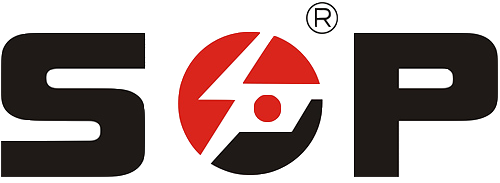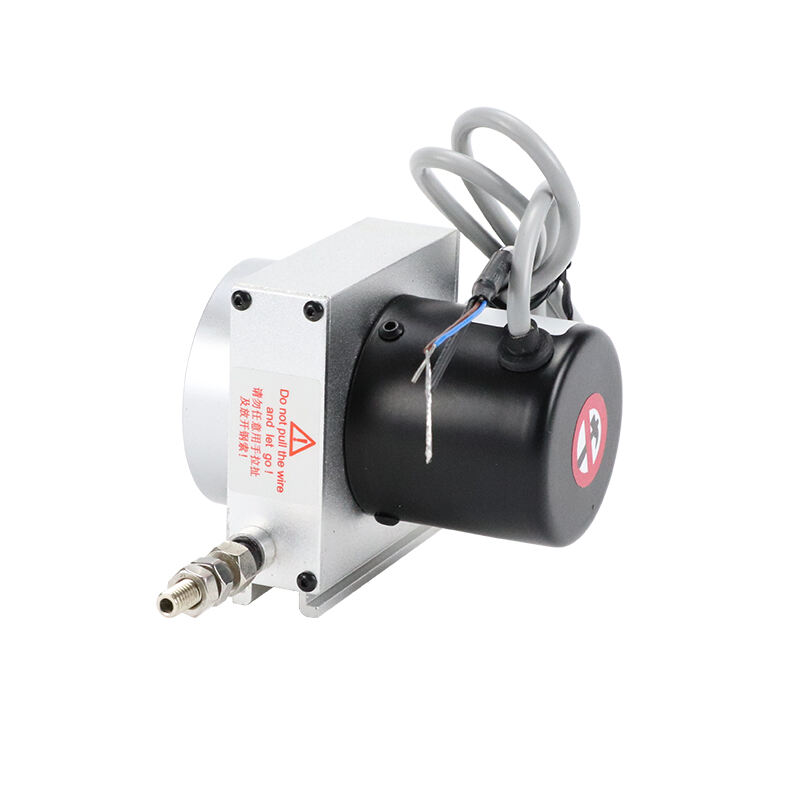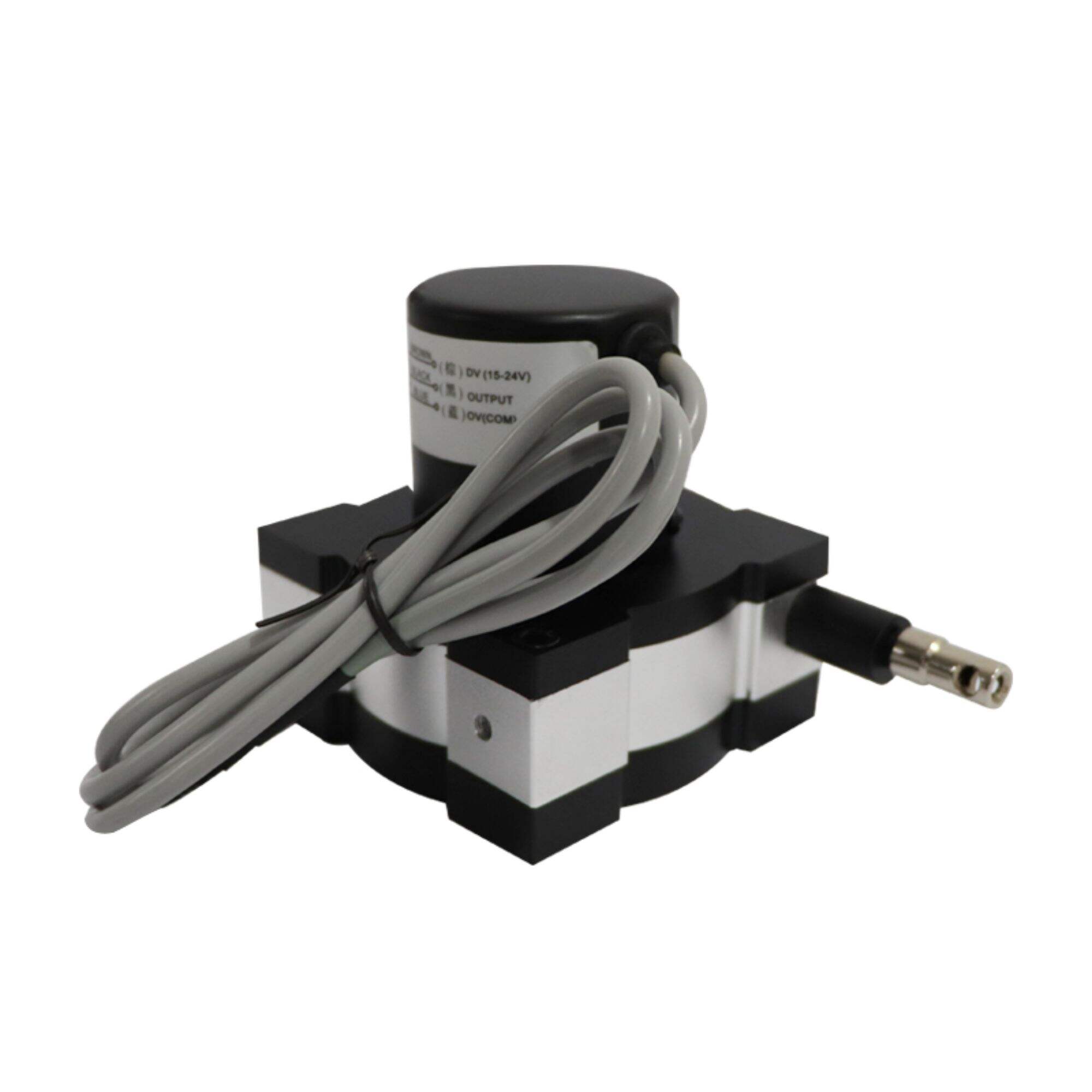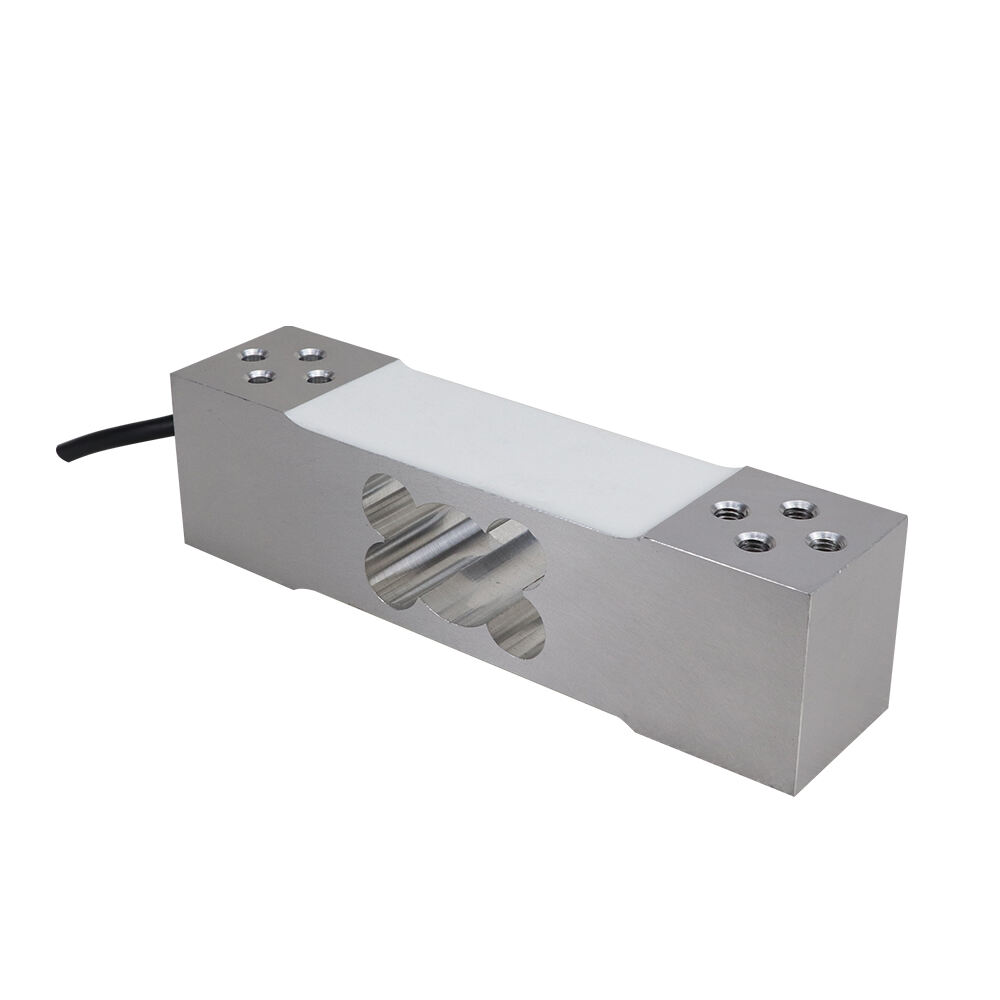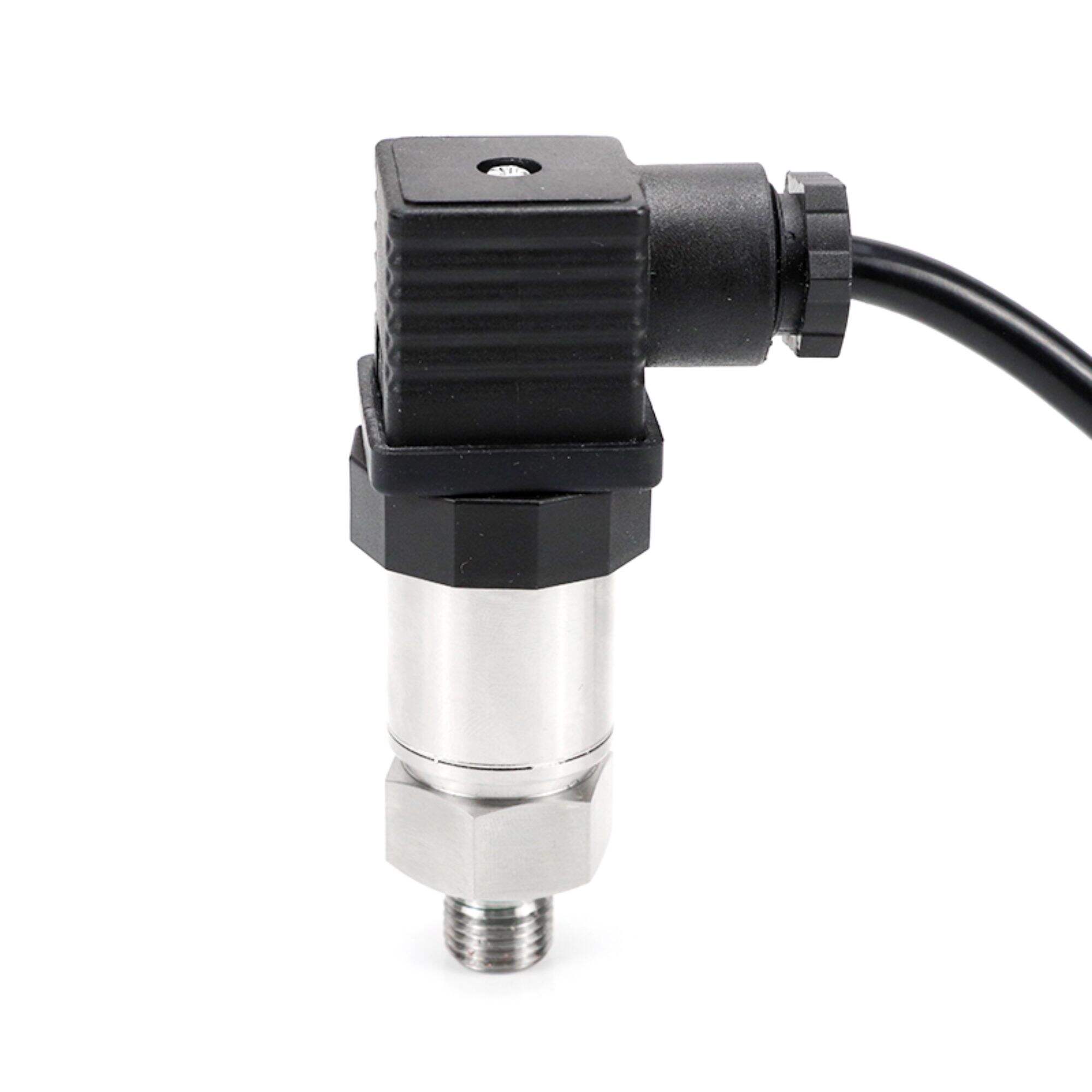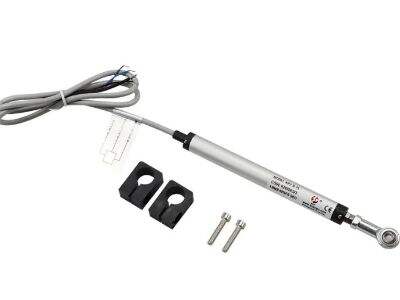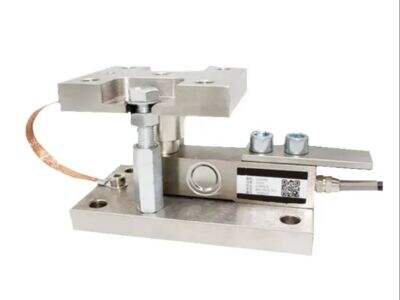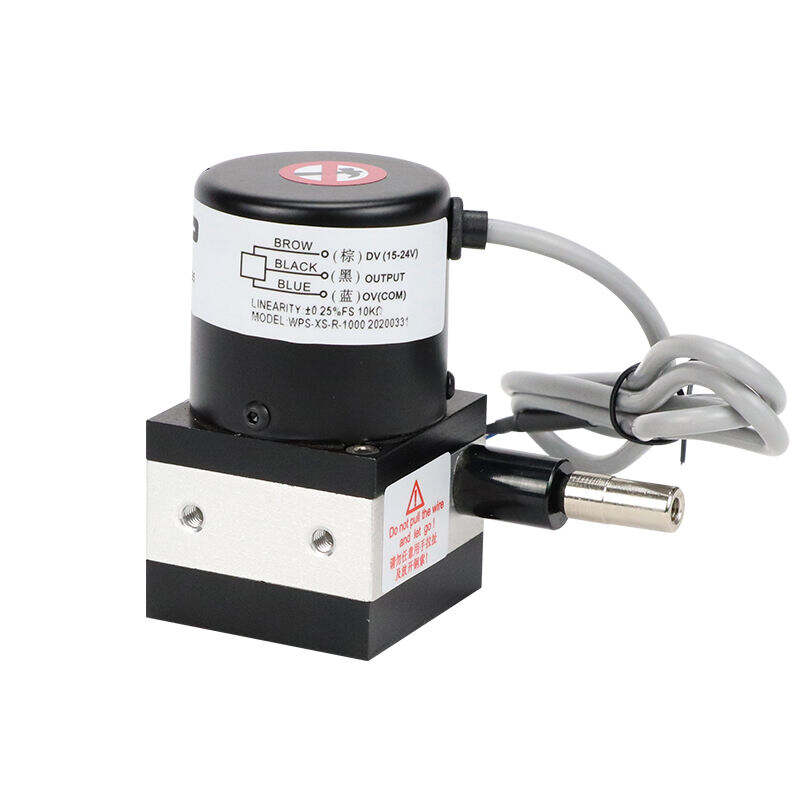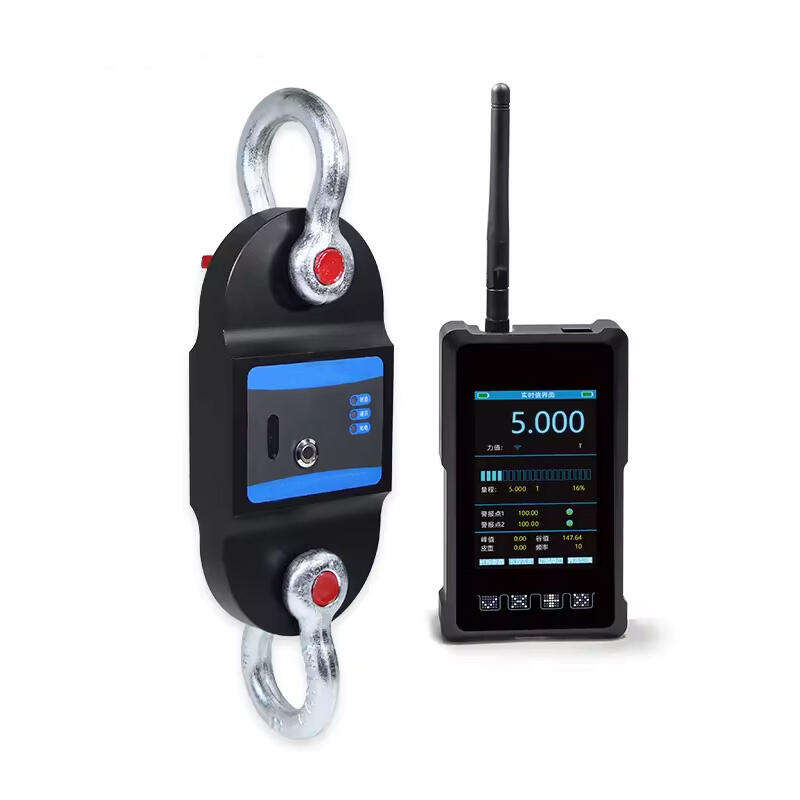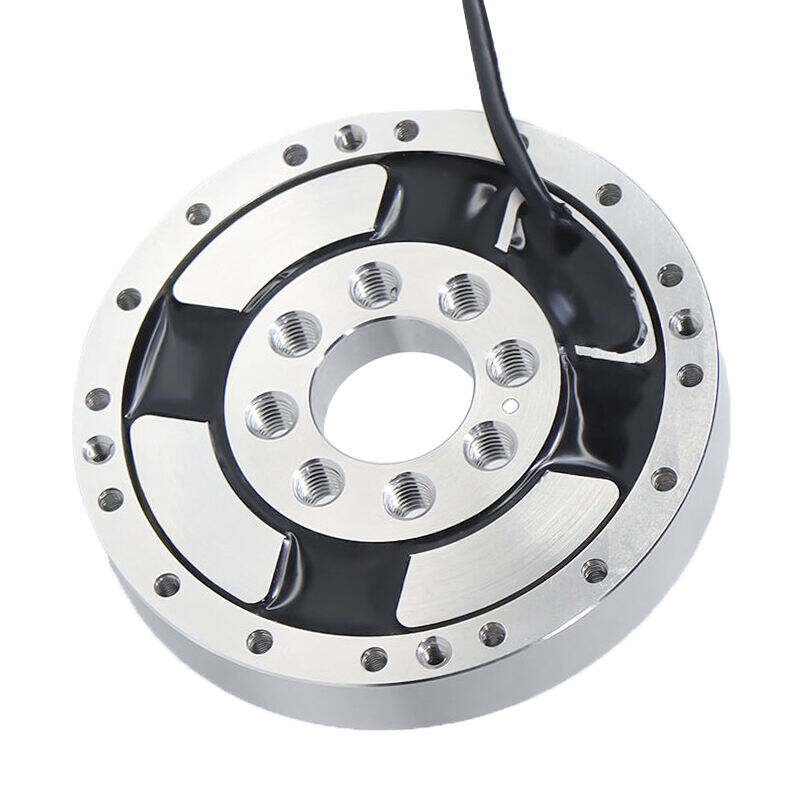giá cảm biến trọng lượng
Giá cảm biến trọng lượng thay đổi đáng kể tùy theo độ chính xác, khả năng chịu tải và các tính năng công nghệ của chúng. Những thiết bị đo lường thiết yếu này thường dao động từ 10 USD cho các loại tế bào tải cơ bản đến hàng trăm USD cho các hệ thống công nghiệp tiên tiến. Cảm biến trọng lượng hiện đại tích hợp công nghệ tiên tiến, bao gồm các thành phần đo biến dạng (strain gauge), xử lý tín hiệu số và cơ chế bù nhiệt. Chúng vượt trội trong việc chuyển đổi lực cơ học thành tín hiệu điện, cung cấp các phép đo chính xác trong nhiều ứng dụng khác nhau. Cấu trúc giá cả phản ánh mức độ chính xác của cảm biến, với các mẫu độ chính cao có tỷ lệ sai số thấp tới 0,01% được bán với giá cao cấp. Các cảm biến dùng trong công nghiệp thường đi kèm các tính năng bổ sung như khả năng chống nước, chống ăn mòn và bảo vệ khỏi nhiễu điện từ, ảnh hưởng đến giá thành sản phẩm. Thị trường cung cấp đa dạng lựa chọn, từ các bàn cân đơn giản đến các hệ thống đo nhiều điểm phức tạp, đáp ứng các yêu cầu ngân sách khác nhau. Các nhà sản xuất xem xét các yếu tố như chất lượng vật liệu, độ chính xác khi hiệu chuẩn và độ bền khi xác định giá cả. Khả năng tích hợp với các hệ thống Internet of Things (IoT) hiện đại và tính năng ghi dữ liệu cũng ảnh hưởng đến giá cuối cùng, khiến những cảm biến này trở thành khoản đầu tư có giá trị đối với các doanh nghiệp đang tìm kiếm giải pháp đo trọng lượng đáng tin cậy.
